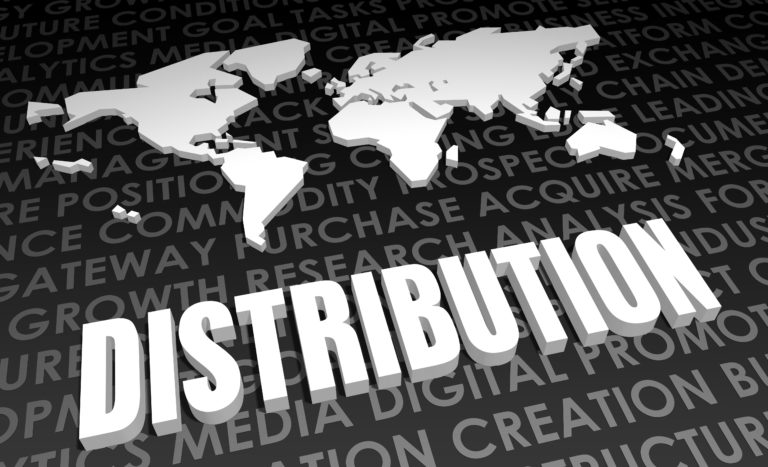
Setting Up Your Chinese Distributor for Success: Titles and Authority Matter
China Distribution Relationships We have written recently about the trend in China business as companies move away from joint venture relationships toward distributor relationships. This is happening with Chinese manufacturers and their non-Chinese distributors in the distributor’s home market. This is also happening in China with Chinese distributors or representatives and the non-Chinese manufacturers and



















